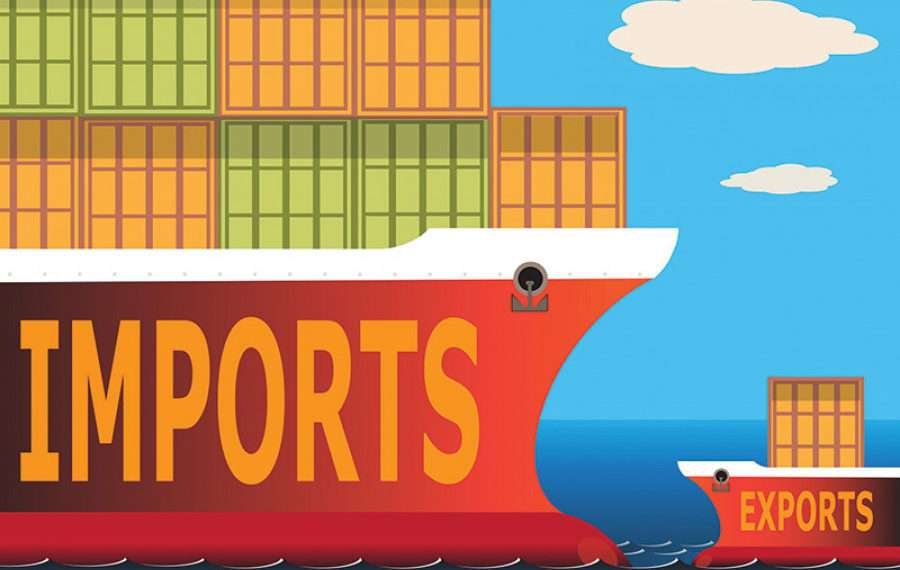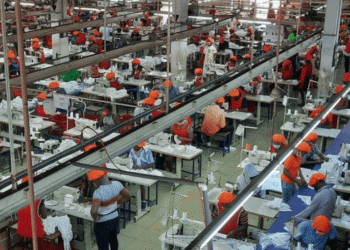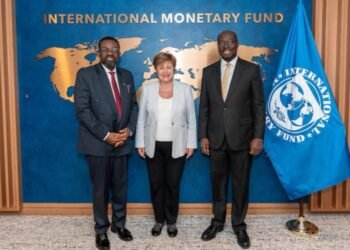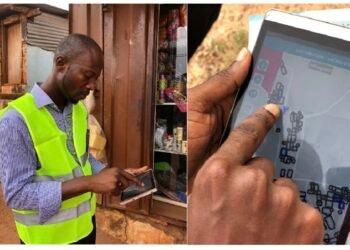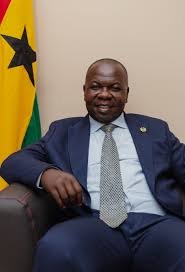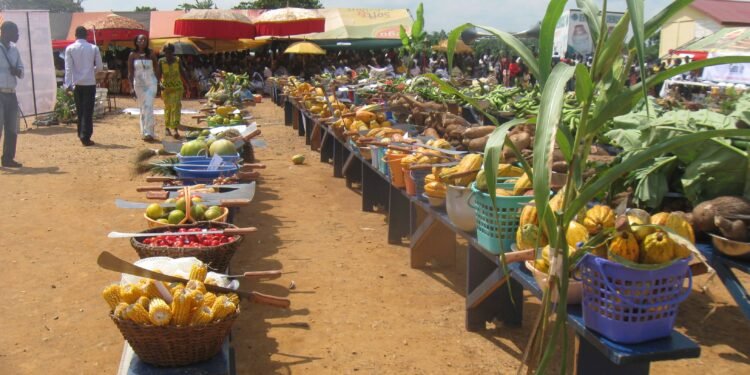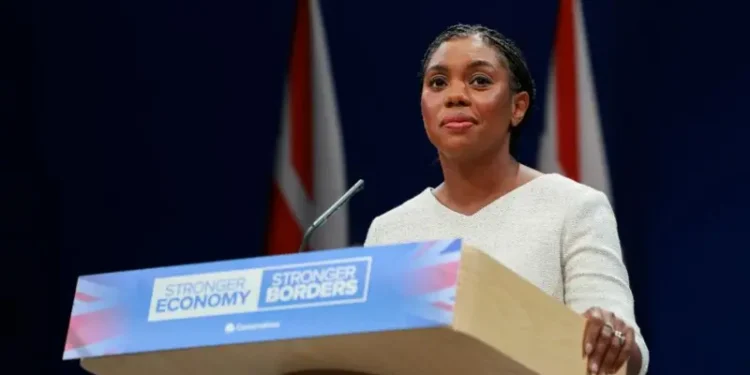The government of Ghana is projecting a stable current account deficit in the medium-term despite heightened uncertainties in the global economy as most countries, including Ghana, battle with the third wave of the pandemic.
According to Finance Minister, Ken Ofori-Atta, the stable current account, together with improvements in the financial account will help secure a strong external position to cushion the economy against shocks.
“We expect the current account deficit to remain stable in the medium-term. This, together with improvements in the financial account, will help secure a strong external position to cushion the economy against shocks”.
Ken Ofori-Atta
According to figures presented by Mr. Ofori-Atta, the current account recorded a deficit of US$926.1 million (1.3% of GDP) in Q2 2021 compared to a deficit of US$548.2 million (0.8% of GDP) in the same period in 2020, mainly on account of declining trade surplus and increased investment income outflows.
The country’s current account, a record of the value of exports and imports of both goods and services and international transfers of capital, is one of the three components of a country’s balance of payment account.
External Sector Developments
However, a review of recent developments in the country’s external sector show that the Trade Balance- difference between exports and imports, recorded a surplus of US$837.5 million in the first half of the year, lower than the surplus of US$1,005.5 million recorded in the corresponding period of last year. Providing an explanation to this, Mr. Ofori-Atta indicated that the lower trade balance was as a result of higher imports demand which outweighed exports earnings between January and June this year.
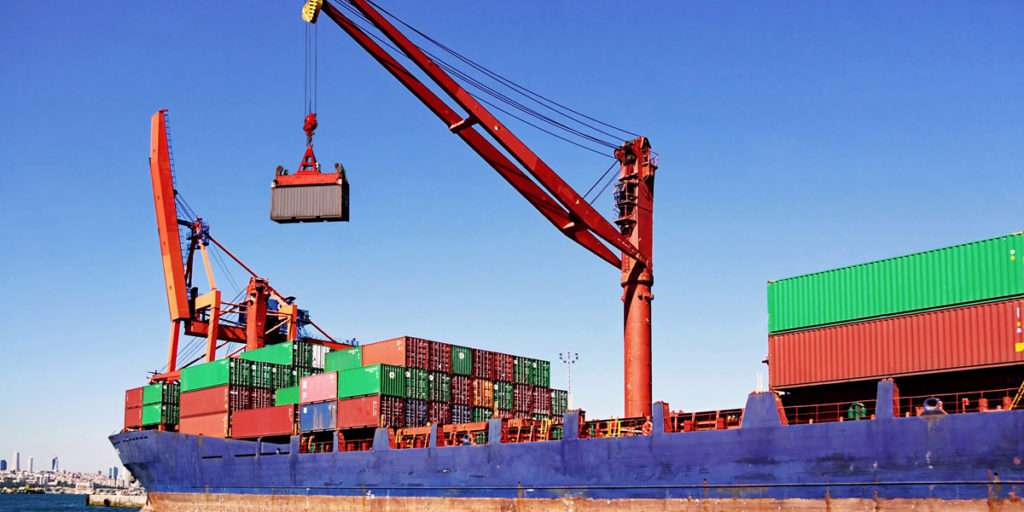
Further details show that, the total value of merchandise exports recorded for the first six months was US$7,593.2 million, which represented 2.7 percent annual growth. The increase in exports earnings during the period was mainly on the back of a rally in the prices of key export commodities.
At the same time, imports rose by 5.7 percent to US$6,755.6 million. According to Mr. Ofori-Atta, this reflects a pick-up in economic activity following the easing of COVID-19 restrictions. The increased demand for imports for the period is driven by a rise in both non-oil imports and oil imports
Capital account and the financial account
Meanwhile, the other two components of the balance of payments, the capital account and the financial account, recorded an inflow of US$3,333.2 million in Q2 2021 compared with US$1,613.9 million in Q2 2020, driven by higher portfolio and foreign direct investments inflows.
Consequently, the lower current account deficit and higher inflows into the capital and financial accounts resulted in an overall balance of payments surplus of US$2,369.7 million compared to a surplus of US$1,009.9 million in the corresponding period of 2020.
Meanwhile, the Finance Minister described the performance of the external sector as “relatively strong” which reflected in the country’s import cover for the period.
“The relatively strong performance of the external sector led to an increase in the reserves position to US$11.0 billion, equivalent to 5.0 months of imports, one of the highest on record. This compares well with a reserved position of US$9.2 billion, equivalent to 4.3 months imports cover, in the corresponding period last year”.
Ken Ofori-Atta
Outlook of the external sector
Looking ahead, Mr. Ofori-Atta stated that the thrust of external sector policy will be to build sufficient reserves to provide at least four months cover for imports of goods and services and to support the forex market to smoothen out fluctuations. According to him, improvement in the trade account and strong remittances inflows, together with portfolio inflows occasioned by continued access to the international financial market, will be required to secure a strong external position.
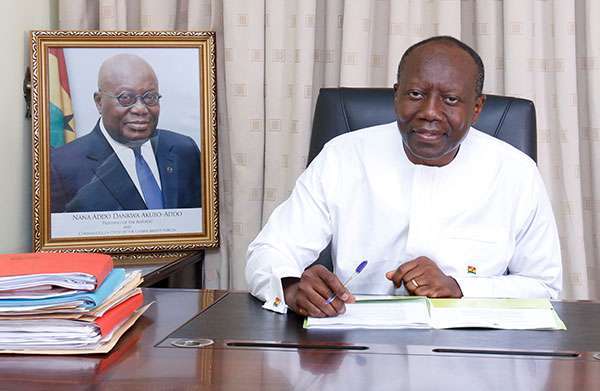
Also, Mr. Ofori-Atta expects the country’s export to increase amid optimism of a recovery in the global economy amid vaccine rollout programs.
“Gradual recovery in global output, driven mainly by progress with mass vaccinations, will support commodity prices. As a result, we expect exports growth to be strong and underpin the improvement in the trade account. This is in spite of the revival of imports occasioned by the projected recovery in economic activity”.
Ken Ofori-Atta
Nevertheless, to consolidate the strong external sector, the country must limit its imports of goods and services to only essentials, whilst stepping up production of its export commodities.
READ ALSO: Gov’t spends GH¢4.5 billion less, misses revenue target by 12.5% in H1 2021

